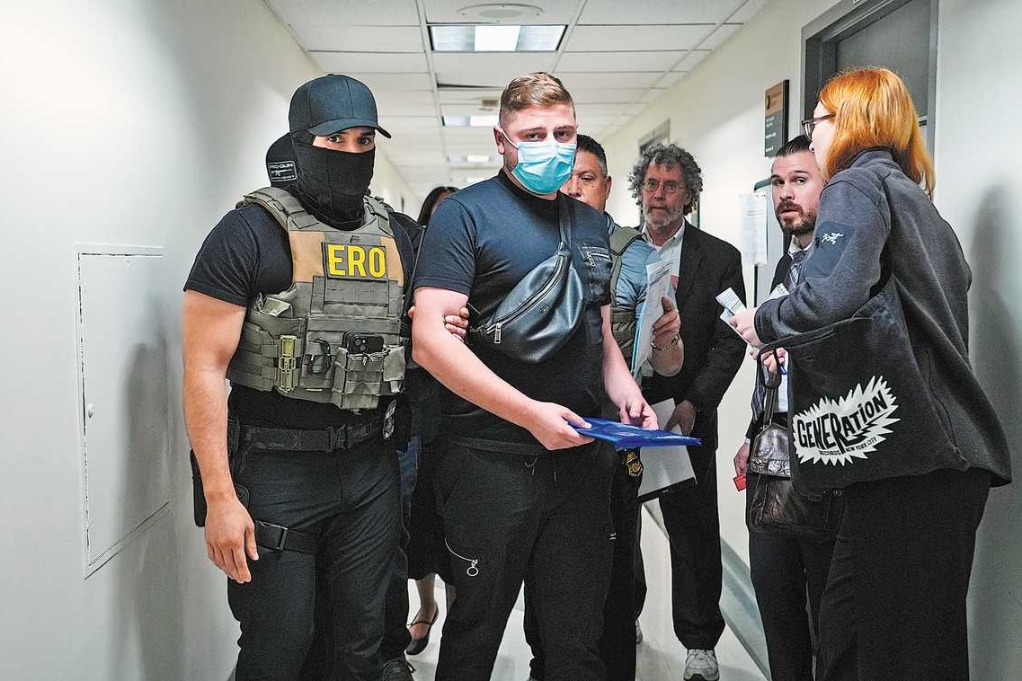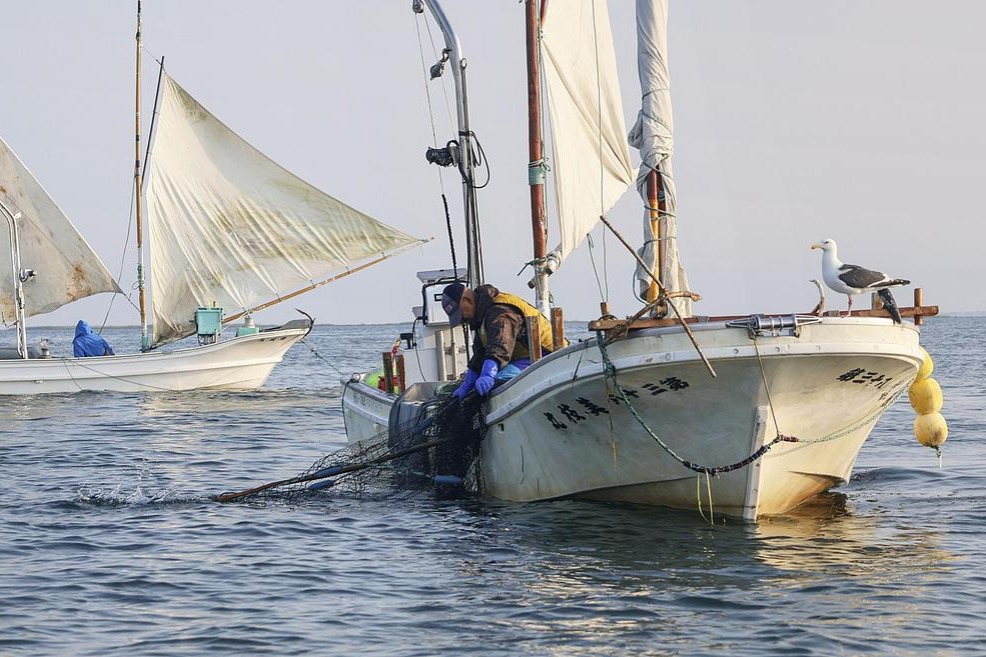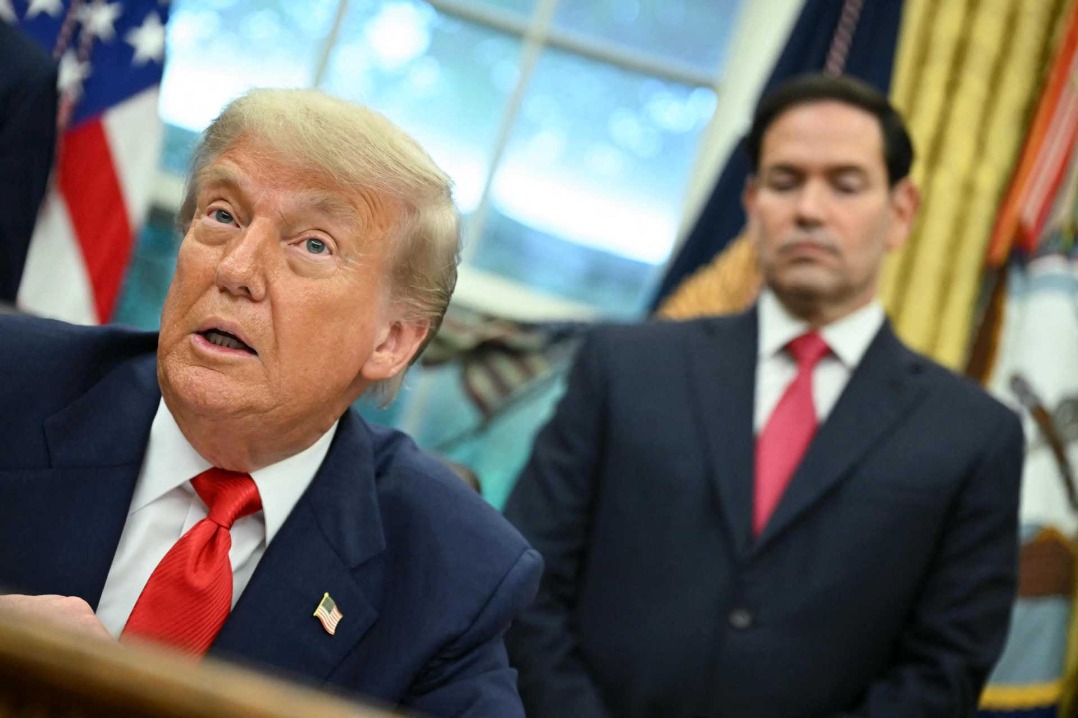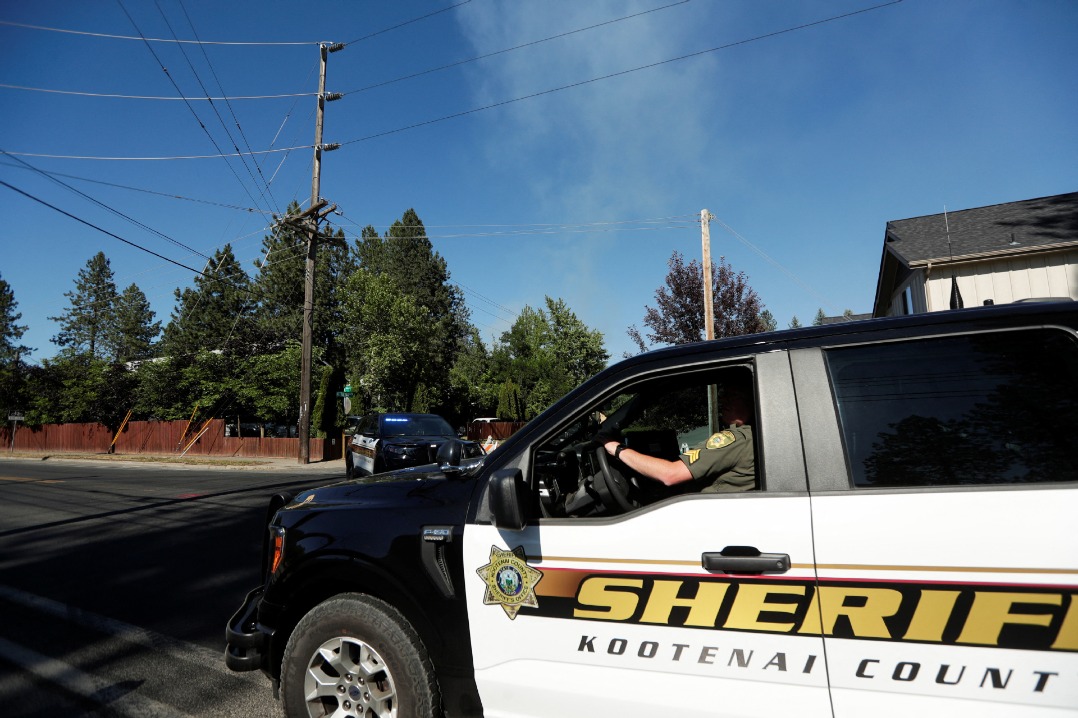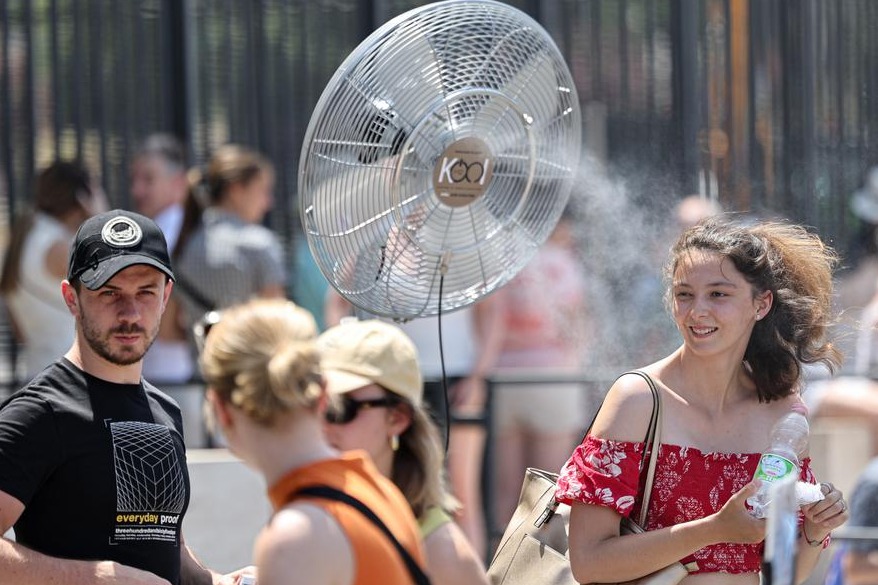Iran's nuclear program could be operating again 'in months'

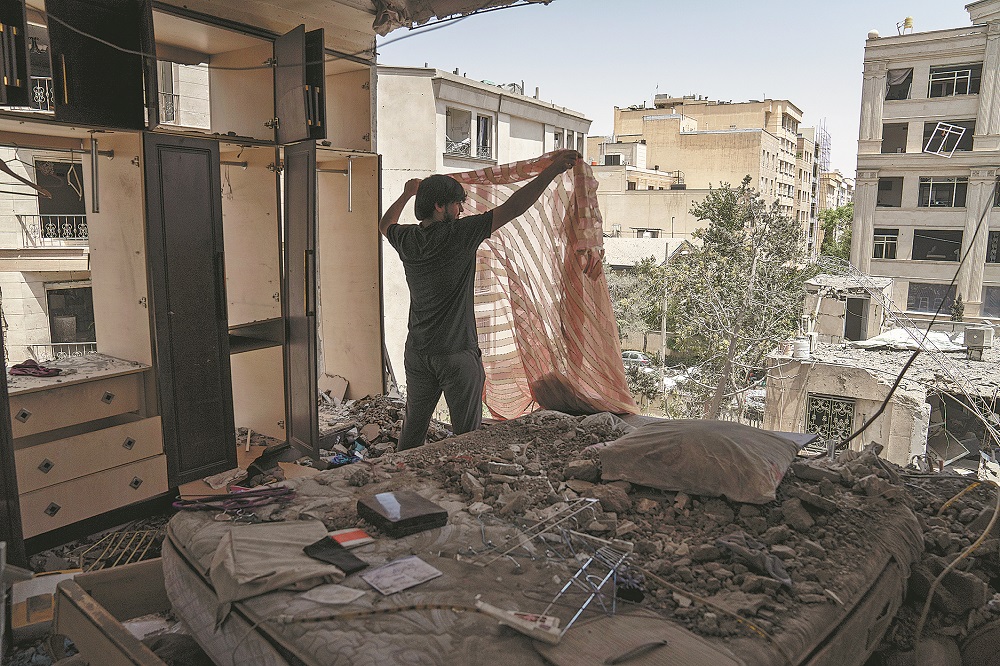
Iran's nuclear program could be up and running again in a matter of months, says the head of the United Nations nuclear watchdog.
"The capacities they have are there. They can have, in a matter of months, I would say, a few cascades of centrifuges spinning and producing enriched uranium, or less than that," Rafael Grossi, director-general of the International Atomic Energy Agency, told CBS' Face the Nation with Margaret Brennan aired on Sunday.
"Frankly speaking, one cannot claim that everything has disappeared and there is nothing there."
The comments appear to be at odds with the claims of United States President Donald Trump, who said a June 22 US attack on Iran's nuclear facilities "completely and totally obliterated" their capabilities.
However, The Washington Post reported that US intelligence had accessed discussions among Iranian officials who said the strikes were less devastating than they had expected.
Grossi said Iran still has industrial and technological capacities.
"It is clear that there has been severe damage, but it's not total damage," he said. "So, if they so wish, they will be able to start doing this again."
Regarding allegations that Iran had moved stockpiles of enriched uranium, Grossi said his agency had not been granted access to Iran and is not sure whether the material was in the facilities when they were bombed or had been moved beforehand.
"It's logical to presume that when they (Iranians) announce that they are going to be taking protective measures, this (moving the material) could be part of it. But, as I said, we don't know where this material could be, or if part of it could have been, under the attack during those 12 days," Grossi told Brennan, referring to the intensive Israel-Iran military conflict that erupted on June 15.
Grossi also told CBS that his agency resisted pressure to say whether Iran had or was about to obtain nuclear weapons before the attack.
"We didn't see a program that was aiming in that direction (of nuclear weapons), but at the same time, they were not answering very, very important questions that were pending."
















